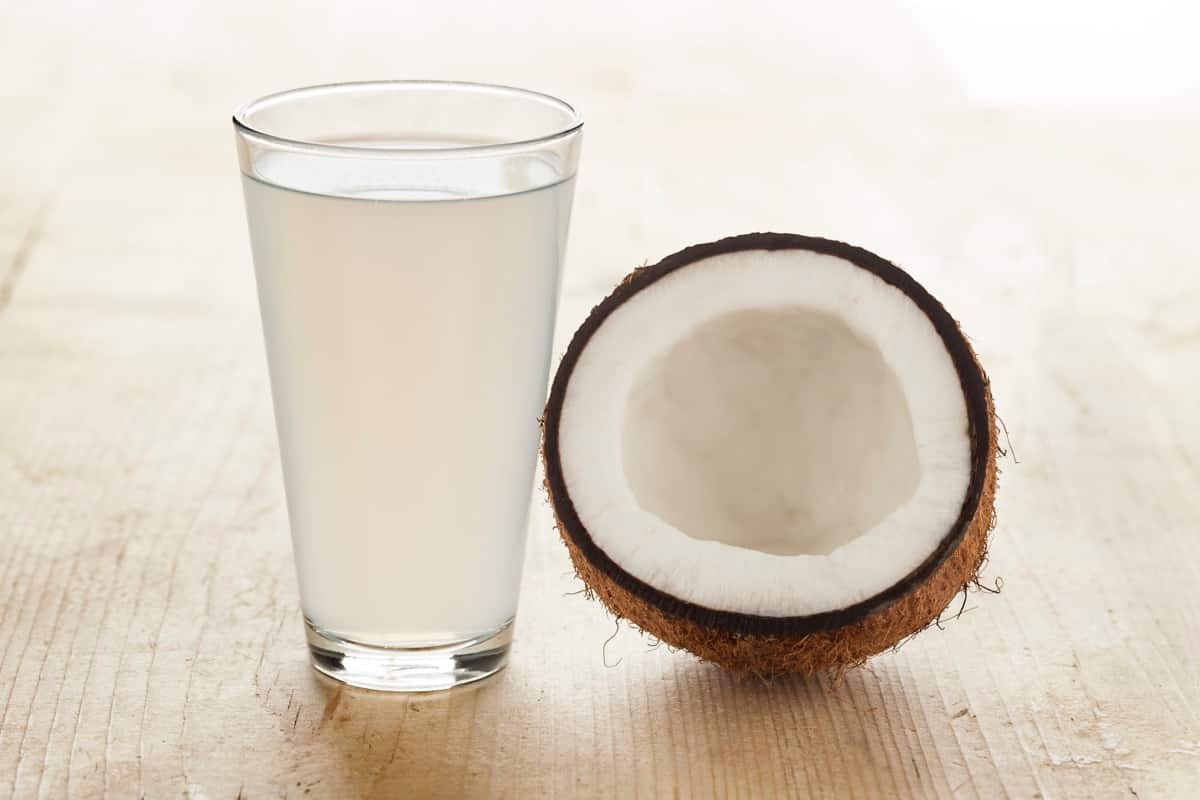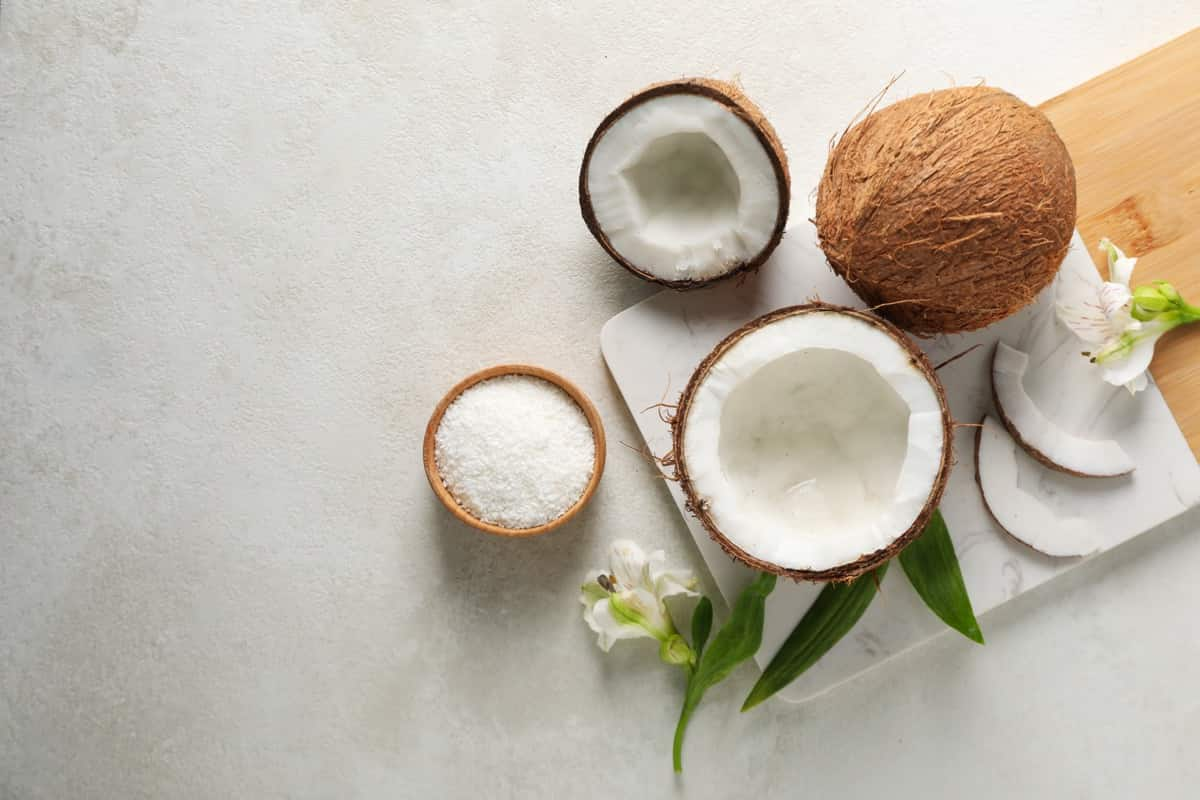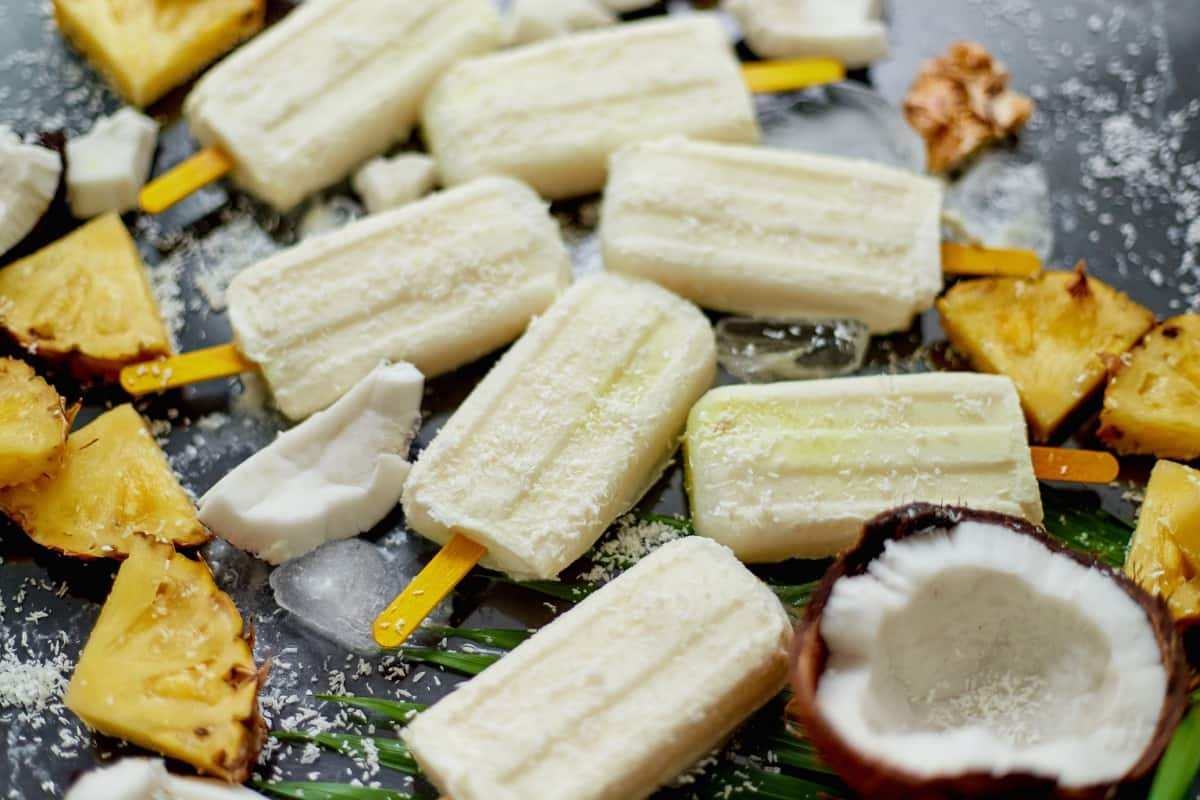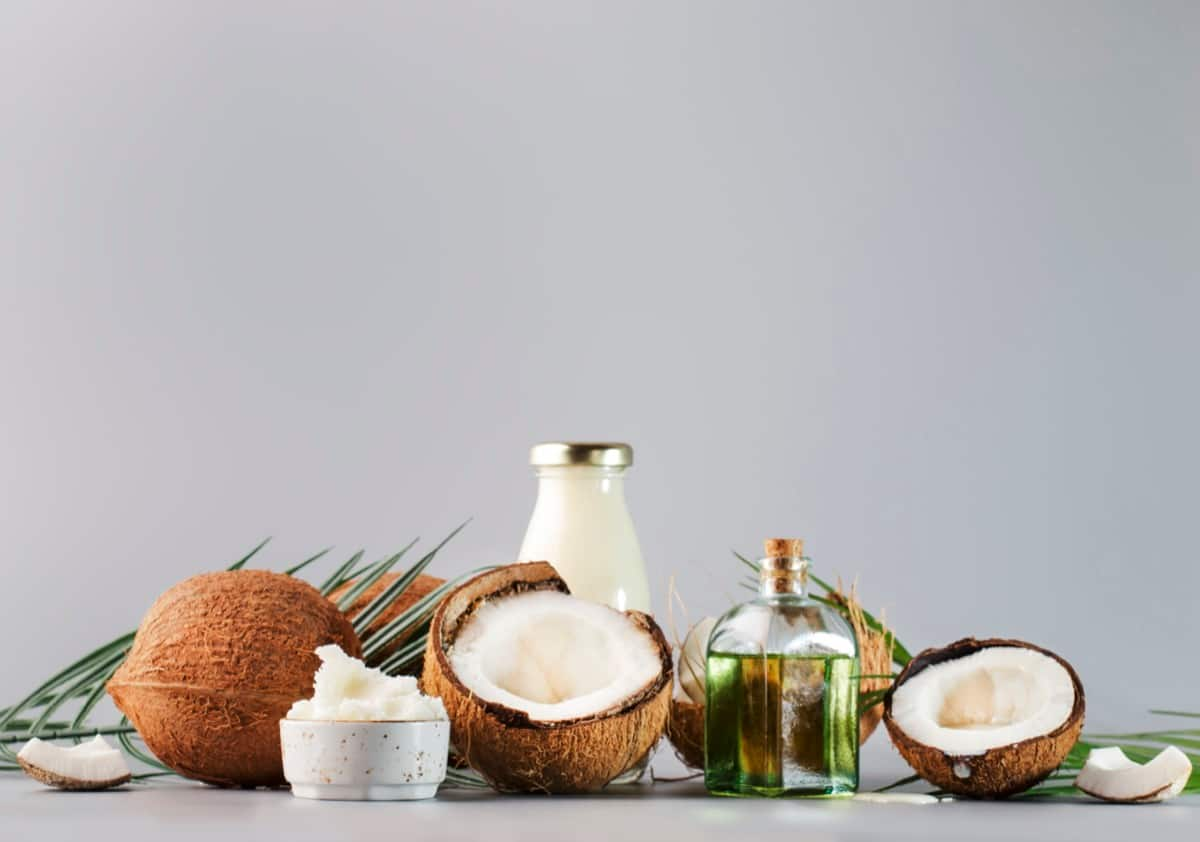The ubiquitous coconut, long considered a tropical fruit, has emerged as a versatile and profitable business resource, prompting many to dive deep into coconut business plans, including specialized versions such as the tender coconut business plan. The skyrocketing global demand for coconut products is backed by their many health benefits and eco-friendly derivatives.

Questions often surface: how profitable is the coconut business? And, what is the best business for coconut? This exploration dives into these aspects, revealing a broad spectrum of innovative coconut product possibilities.
Coconut Oil Production and Sales
In health and wellness, coconut oil has found a resolute place. Derived mainly from the meat of dry coconuts, the extraction process involves mechanically pressing the meat or using a solvent. Once extracted, the oil undergoes refining to remove any impurities. This refined oil is meticulously packaged and sealed in containers to ensure long shelf life.
Quality control is integral at every step, as the vast market includes applications in cooking, skincare, and even haircare. The marketing strategy for this product heavily relies on its multifaceted uses and health benefits. With a streamlined process and strategic marketing, entrepreneurs can tap into the vast consumer base searching for high-quality coconut oil.
Coconut Water Bottling and Distribution
Riding on the waves of health trends is the tender coconut water business. Coconut water, extracted from tender coconuts, is consumed fresh and preserved for longer shelf life through pasteurization. After extraction, it’s essential to ensure that it’s bottled in sterilized containers to retain its natural freshness.
In case you missed it: How to Start Rental Property Business: Planning to Marketing Ideas

Given its perishable nature, efficient storage solutions, like cold storage, play a pivotal role. An efficient distribution network ensures that bottled water reaches consumers while still fresh. Positioning it as a natural and healthier alternative to sugary drinks can be a game-changer in marketing strategies.
Coconut-based Food Products Manufacturing
The coconut’s versatility extends into a range of innovative food products. Consider coconut milk – the creamy liquid extracted from grated coconut meat finds a place in numerous cuisines and is a fantastic dairy alternative. Similarly, coconut flour, derived from the dried meat of the coconut, is gaining traction among the gluten-intolerant community.
There’s also coconut sugar, a healthier sweetening alternative made from the sap of the coconut tree. Each of these products requires meticulous processing, ensuring the preservation of nutrients and flavors. Packaging plays a crucial role, given the varying shelf life of these products. With niche markets like vegans and health enthusiasts, these products, when marketed right, promise significant returns.
Coconut Shell Crafts and Accessories
The coconut shell, often discarded as waste, holds immense potential in the world of crafts and sustainable products. Crafting requires a detailed cleaning, drying, and then carving or molding the shells into desired shapes. Crafting demands precision and creativity whether it’s eco-friendly bowls, ornamental pieces, or even jewelry. As the global community leans towards sustainable choices, items made from natural materials like coconut shells are seeing a surge in demand, making it a promising business avenue.
Coconut Fiber Processing and Sales
The sturdy fibers or coir extracted from the coconut husk are not just by-products. These fibers undergo a detailed separation process, followed by cleaning and then being spun into yarn. The end products, like mats, ropes, and brushes, are known for their durability. The market for these products spans both domestic and industrial sectors. The unique texture and resilience of coir products and sustainable branding can open doors to vast markets.
In case you missed it: Eco-Friendly Car Washing: Sustainability Practices for Small Businesses

Coconut-based Beauty and Skincare Products
The beauty industry’s inclination towards natural products brings coconut to the forefront. The process begins with identifying the coconut derivatives, whether the oil, water, or milk, and then formulating them with other natural ingredients. Whether moisturizing lotions, hydrating face masks, or nourishing hair serums, each product undergoes rigorous testing for efficacy and safety. With the colossal global beauty market and consistent demand for natural, chemical-free products, this sector has an ocean of opportunities.
Coconut Charcoal Production and Sales
The lesser-known derivative, activated coconut charcoal, is a powerhouse in itself. The production involves carbonizing coconut shells in a controlled environment. Once carbonized, it’s processed to increase absorptiveness, making it ideal for water purification, beauty masks, and detoxification applications. Packaging this product requires special attention to ensure it remains free from contaminants. With the current trend focusing on natural purifiers and detoxifiers, the potential in this segment is vast.
Coconut-based Animal Feed Manufacturing
The remnants, known as coconut meal, are nutrient-rich and find their use in animal feed after oil extraction. Processing this meal involves ensuring it’s devoid of any impurities and mixed with other feed ingredients. Its high protein and fiber content makes it a preferred choice for poultry, cattle, and fish feed. With the livestock industry’s growth, this by-product of the dry coconut business holds a promising future.
Coconut-based Biofuel Production
As the global shift towards more sustainable energy advances, coconuts are once more gaining significance as a valuable resource for biofuel production. Coconut oil undergoes transesterification, resulting in biodiesel, an eco-friendly fuel. As governments globally push for renewable energy, the demand for such alternatives is rising. This sector can revolutionize the energy market with the right infrastructure and technological backing.
Coconut Vinegar Production and Distribution
A by-product of coconut water and sap, coconut vinegar is gradually gaining recognition as a healthful alternative to other vinegars. Beginning with the fermentation of coconut water or sap, the process involves introducing specific bacterial strains that convert sugar into acetic acid. This fermentation requires monitoring in controlled conditions to achieve the desired pH levels and flavor profiles.
Once the fermentation reaches its peak, the vinegar undergoes filtration to remove any sediments. The end product is then stored in sterile containers to mature, intensifying its flavor. Proper packaging, which often involves glass bottles, ensures a prolonged shelf life and retains the vinegar’s quality.
In case you missed it: 15 Common Mistakes to Avoid When Starting a Small Business: Every Business Owner Needs to Know

In the market, positioning coconut vinegar as an organic, mineral-rich, and health-enhancing alternative can capture the attention of health enthusiasts. As research highlights its advantages, like promoting digestion and controlling blood sugar, there’s great potential in introducing this product to a broader range of people, from everyday cooks to professional chefs.
Conclusion
With its multifarious applications, the coconut is a gold mine of business opportunities. Whether one’s interest lies in the food industry, crafts, beauty, or energy, there’s a niche waiting to be explored. However, success hinges on identifying these niches and ensuring quality, sustainability, and strategic market positioning. As the lines between health, sustainability, and quality blur, the coconut industry stands tall, promising a profitable future to those willing to venture and innovate.
- Handicraft Making at Home: A Small Profitable Business Idea
- Pet-Tech Startups: Innovations for Animal Lovers
- Tech Repair Services: Meeting the Demand for Gadget Maintenance
- Maximizing Rewards: Smart Credit Card Habits for Cashback and Points
- Ultimate Guide to Making Money from Goat Milk Business
- How to Start an Agricultural Value Added Product Business
- Value-Added Business Ideas for Greenhouse: The Best Ways to Make Profits with Greenhouse Farming
- How to Make Profits with Organic Country Chicken: Best Strategies for Beginners
- 10 Value-added Business Ideas for Millets: Low-investment and Highly Profitable